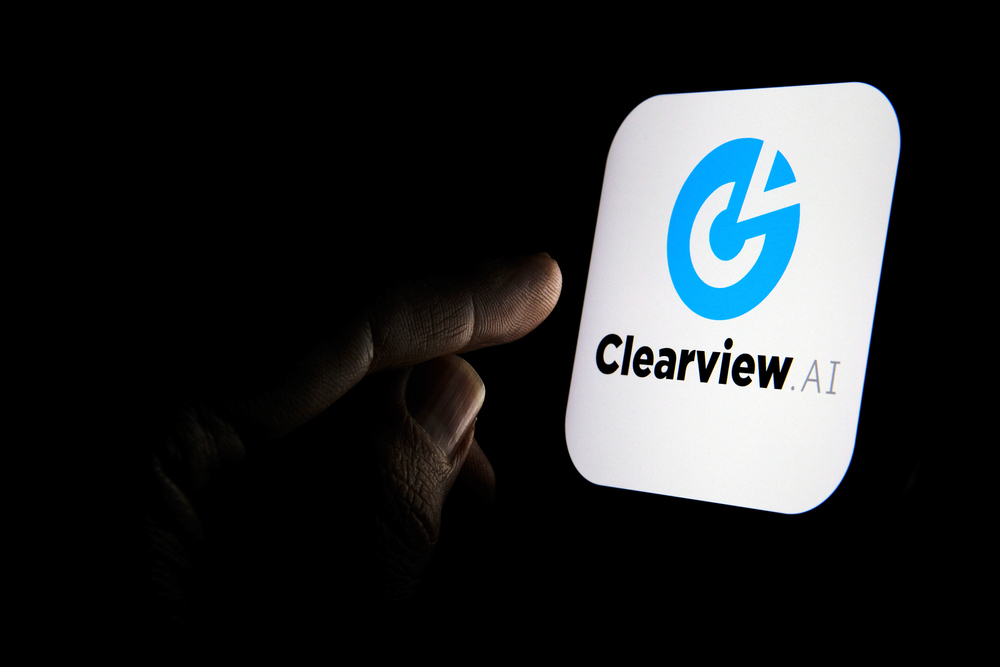Child sexual abuse inquiry fined £200,000 for exposing victims
IICSA replied-all to participants, then shared their email addresses with an IT company without their consent


The Independent Inquiry into Child Sexual Abuse (IICSA) has been fined 200,000 for a data leak that identified possible abuse victims.
With a remit to investigate historic allegations of sexual abuse, the IICSA has been penalised after a staff member sent a mass email to 90 participants in its inquiry, by mistakenly entering their email addresses into the 'to' field instead of the 'bcc' field.
The incident occurred on 27 February 2017 - prior to the introduction of the General Data Protection Regulation (GDPR), which came into force on 25 May - meaning UK data watchdog the Information Commissioner's Office (ICO) delivered the penalty under the Data Protection Act 1998. Under GDPR the fine could have been much higher.
"This incident placed vulnerable people at risk, which is concerning. IICSA should and could have done more to ensure this did not happen," said the ICO's director of investigations, Steve Eckersley.
"People's email addresses can be searched via social networks and search engines, so the risk that they could be identified was significant."
Informing the inquiry participants about a public hearing, an IICSA staff member initially sent an email containing an error, with all 90 addresses marked in the 'bcc' field. Attempting to correct the error, the staff member sent a follow-up email, but this time marked all recipients in the 'to' field - meaning their identities were exposed to all.
Of the addresses revealed, 52 contained the full names of the participants or had a full name label attached - many of whom may have been victims of child sexual abuse. The IICSA was alerted to the mistake by a recipient who added two further email addresses into the 'to' field before pressing 'reply all'.
Get the ITPro daily newsletter
Sign up today and you will receive a free copy of our Future Focus 2025 report - the leading guidance on AI, cybersecurity and other IT challenges as per 700+ senior executives
The IICSA attempted to rectify the breach by asking all recipients to delete the initial email and to resist circulating the email any further. According to the ICO, one of these messages generated 39 'reply all' emails.
The investigation concluded that the abuse inquiry failed to use an account capable of sending separate emails to each participant, and it had not adequately trained staff on the importance of double-checking into which field an email address was entered.
The ICO also found that the IICSA should not have relied on advice from an IT company it had hired to manage the mailing list, which claimed that it would prevent individuals from replying to the exposed list. Most concerningly, however, the abuse inquiry breached its own privacy notice by sharing participants' email addresses with the IT company without their consent.
A total of 22 complaints came the ICO's way following the incident, with one complainant remarking that he was "very distressed" by the breach.
"The inquiry takes its data protection obligations very seriously and we have apologised to those affected by the data breach," IICSA secretary John O'Brien said.
"After a wide-ranging review by external experts, we have amended our handling processes for personal data to ensure they are robust and the risk of a further breach is minimised."
The 200,000 fine represents one of the largest fines handed to an organisation for a breach in the UK, with the maximum fine that can be levied under the DPA worth 500,000 - Facebook received this for its recent Cambridge Analytica data-sharing scandal.
If the case had been adjudicated under GDPR, however, the IICSA would have found itself open to a maximum fine of 20 million.
Picture: Shutterstock

Keumars Afifi-Sabet is a writer and editor that specialises in public sector, cyber security, and cloud computing. He first joined ITPro as a staff writer in April 2018 and eventually became its Features Editor. Although a regular contributor to other tech sites in the past, these days you will find Keumars on LiveScience, where he runs its Technology section.
-
 Westcon-Comstor and Vectra AI launch brace of new channel initiatives
Westcon-Comstor and Vectra AI launch brace of new channel initiativesNews Westcon-Comstor and Vectra AI have announced the launch of two new channel growth initiatives focused on the managed security service provider (MSSP) space and AWS Marketplace.
By Daniel Todd Published
-
 Third time lucky? Microsoft finally begins roll-out of controversial Recall feature
Third time lucky? Microsoft finally begins roll-out of controversial Recall featureNews The Windows Recall feature has been plagued by setbacks and backlash from security professionals
By Emma Woollacott Published
-
 ICO admits it's too slow dealing with complaints – so it's eying up automation to cut staff workloads
ICO admits it's too slow dealing with complaints – so it's eying up automation to cut staff workloadsNews The UK's data protection authority has apologized for being slow to respond to data protection complaints, saying it's been overwhelmed by increased workloads.
By Emma Woollacott Published
-
 “Limited resources” scupper ICO probe into EasyJet breach
“Limited resources” scupper ICO probe into EasyJet breachNews The decision to drop the probe has been described as “deeply concerning” by security practitioners
By Ross Kelly Published
-
 Surge in workplace monitoring prompts new ICO guidelines on employee privacy
Surge in workplace monitoring prompts new ICO guidelines on employee privacyNews Detailed guidance on how to implement workplace monitoring could prevent data protection blunders
By Ross Kelly Published
-
 TikTok could be hit with £27m fine for failing to protect children's privacy
TikTok could be hit with £27m fine for failing to protect children's privacyNews Social media firm issued with a notice from the ICO for potential violations of UK data protection laws
By Bobby Hellard Published
-
 What is AdTech and why is it at the heart of a regulation storm?
What is AdTech and why is it at the heart of a regulation storm?In-depth The UK data regulator has come under heavy fire for consistently delaying much-needed action, privacy groups say
By Carly Page Published
-
 ICO crackdown on AI recruitment part of three-year vision to save businesses £100 million
ICO crackdown on AI recruitment part of three-year vision to save businesses £100 millionNews ICO25 outlines a fresh approach that involves releasing learning materials, advice, and a new ICO-moderated discussion forum for businesses
By Connor Jones Published
-
 Clearview AI fined £7.5m over improper use of UK data
Clearview AI fined £7.5m over improper use of UK dataNews Australian facial recognition firm collected 20 billion images from the internet without consent in order to build its database
By Bobby Hellard Published
-
 UK data watchdog cut IT spending by £1.2 million during pandemic
UK data watchdog cut IT spending by £1.2 million during pandemicNews The ICO’s IT budget has been slashed by around 23% since 2019
By Sabina Weston Published